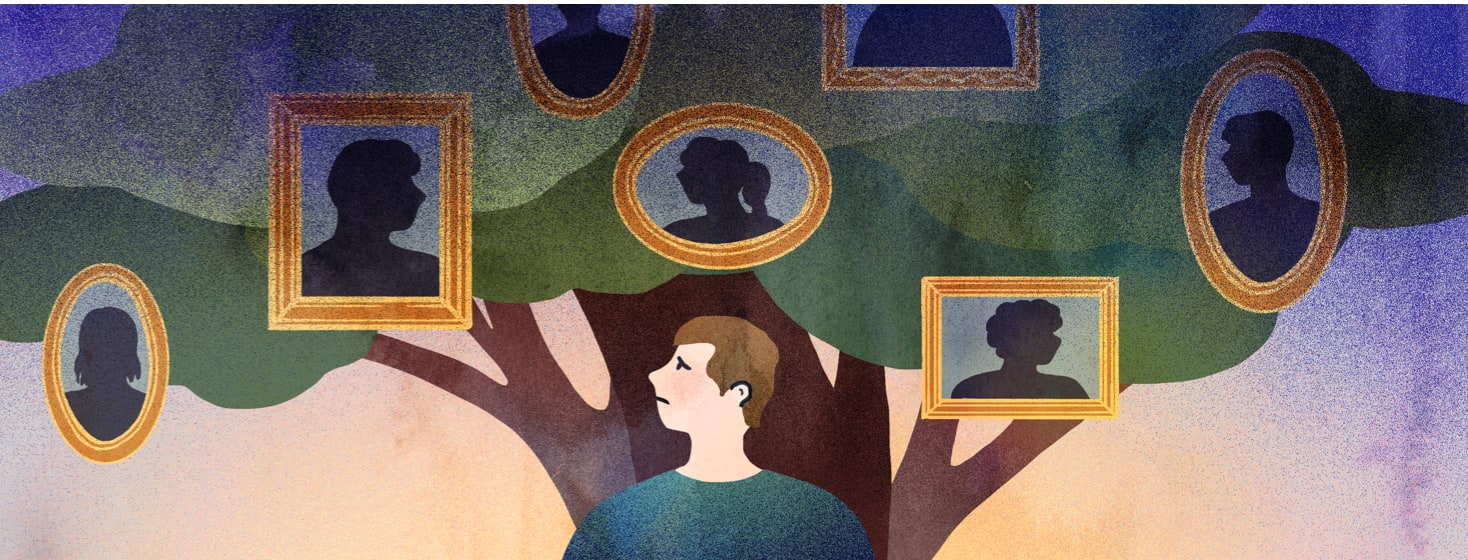Genetic Counseling
I was born in the 1970s and, while genetic counseling started in 1969, it wasn’t what it is today. There was no known history of any kind of muscular dystrophy or spinal muscular atrophy diagnosis in my family tree. I am sure that when my parents got married, they probably didn’t even worry about genetics.
Will my nieces and nephews have SMA?
Genetic counseling was never a thought of mine until my sister got married. I am the oldest of my siblings, my sister is the youngest. Her husband is adopted, so he didn’t know about his family's medical history. I am not a parent myself; however, I can only imagine the anxiety of thinking about all the “what ifs” when it comes to having children.
The muscular dystrophy clinic where I was being seen offered genetic testing and counseling, so I made an appointment with one. I met with a wonderful doctor who walked me through the Punnett square. Who remembers that from their high school biology class? Sitting across the doctor in her office, I watched as she drew out the Punnett square.
Both my parents must be carriers
Since I had already tested positive for spinal muscular atrophy, the doctor knew that both my parents had to be carriers. Since my mom and dad were carriers they had a 25% chance of having a child with spinal muscular atrophy. Another 25% chance of having a child who is not affected nor is a carrier and a 50% chance of having a child that is a carrier. Those percentages pertain to every pregnancy.
Calculating the risk for my siblings
So without being tested we knew my siblings did not have spinal muscular atrophy. Both of them were athletes and had no physical symptoms. So removing that 25% meant the my siblings each had a 66% chance of being a carrier and a 33% chance of not being a carrier. Roughly 1 in 50 people are carriers of the mutation that causes spinal muscular atrophy. So that’s a 2% chance that my siblings' spouses are carriers.
The other question we had for the geneticist was whether my siblings' children would have a milder version like me or was there a possibility of a more severe version like type 1 or type 2. I am a type 3. She explained that the type of spinal muscular atrophy is not linked to genetics. We are all born with backup genes and that is more of a luck of the draw so to speak.
Sharing the risks with my sister and brother
After learning all of this information I met up with my sister to explain it all. Obviously it was a lot but she sat down with her husband and they ultimately decided against testing themselves. They both wanted children and no matter what they would do what needed to be done if they did have a child with SMA. Luckily for them they have 3 healthy children.
When my brother got married his wife had some genetic testing done and they found out that she was not a carrier. So my brother’s status was a mute point. I was ready with my Punnett square if need be. They have a healthy daughter.
Genetic counseling is a personal choice. I am not one to judge. However I am grateful that genetic counseling was not a thing when my parents had me. I am grateful to have been born even in spite of my diagnosis. Parents have treatments today that were not available when I was born. Science is an amazing tool.

Join the conversation